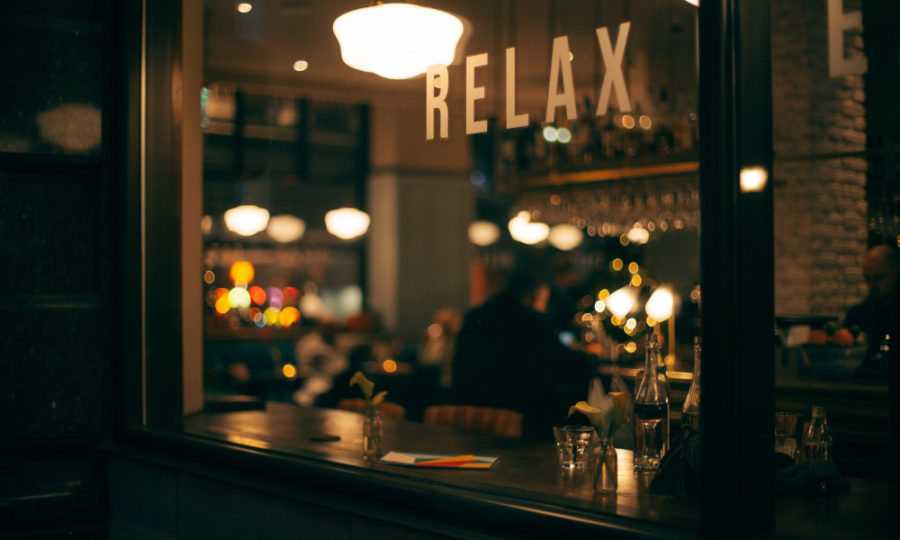A few years ago, I began using the acronym PREP in my teaching. It indicates to my students the learning methods I find most helpful: Prepare, Reflect, Engage, and Practice Self-Care. Throughout the semester, I check in about how PREP is working for them, if they use it. Some students are surprised to see self-care mentioned, others feel supported by it. There’s always a range of responses about how students incorporate that final “p” of the acronym.
Here’s my check-in about self-care. I’m beginning to think of sustainable self-care as a disciplined practice. Self-care isn’t just an activity, but it’s a practice to cultivate.
Academics need self-care. Katerina’s Bodovski’s “Why I Collapsed on the Job,” published in the Chronicle of Higher Education, questions to silent culture of workaholism in academics. This culture isn’t about working so much because you love what you do, but working so much because of increasing demands of the job.
I needed more structure to my self-care.
I’ve been good at self-care in the sense that I make time for things I like. But, self-care isn’t only, or even primarily, about self-indulgence. Increasingly, I’ve found that self-care requires me to adjust parts of my regular routine.
These reflections are from the arm chair, and I’d like to look into the research on self-care (when I have the time . . . ). My body has demanded that I rethink self-care because I haven’t been sleeping well. While this poor sleep has really manifested during this current term, I must have suspected I wasn’t doing well last term. In November I signed up for a vegan yoga retreat in Mexico during the Reading Week pause in classes, which was last week for us. (It was amazing!)
Here’s two parts of my new self-care practice.
Step 1: Cancel Netflix subscription
I was using television as a crutch when I couldn’t fall asleep, watching a show in bed until I fell asleep. Instead of falling asleep at a reasonable hour, I just stayed up half the night drowsily watching television. The poor sleep meant that I couldn’t/wouldn’t wake up for my yoga class (so no exercise that day). The blue light many devices give off has been known to affect sleep habits negatively, and my tendency to favour action-packed sci-fi shows probably didn’t help me relax. I decided to avoid watching television, as a general rule, in the evenings. Some audio books (Dresden Files) and podcasts (The Black Tapes) have also proven to be too exciting for late-night listening.
This is not a universal proscription against television! I still subscribe to CraveTV, but I treat my watching as a special occasion. TV has become more social for me, with Trekkin’ Tuesdays and Supernatural Sundays with a friend. I also treat myself to a leisurely browsing on Saturdays through the Kitchener Public Library to select a movie to watch over the course of the week.
Step 2: Incorporate breathing exercises and meditation
The positive benefits of intentional breathing aren’t new. (See for example, this post by my University of Waterloo colleague Aimée Morrison). I know this. I’ve known this. I deepened this knowledge at the yoga retreat. However, I never made breathing exercises a practice. Sometimes I would turn to deep breathing haphazardly when I couldn’t sleep. Since I’ve returned from the yoga retreat, I’ve made a commitment to meditating for at least 4 minutes before I go to bed. (You start receiving benefits after 3 minutes, as I’ve learned at my retreat). I’ve chosen a calming breathing exercise to practice, at least for now. I put on a meditation playlist. I count my breathes.
Emphasizing wellness, not pleasure
I haven’t seen many people discuss self-care as an intentional, disciplined practice, unless they’re talking about something like an exercise regime. Perhaps not everyone needs the same degree of structure as I do. Can you tell I am not a spontaneous person? It’s probably not a surprise that I find nourishment in ritualistic, repetitive practices: the Anglican liturgy, for example, was extremely centering for me for a period of four years or so. I read Richard Foster’s The Celebration of Discipline three times between the ages of 15 and 25. Now, I practice Bikram yoga, which not only involves a set sequence of poses, but has a set dialogue used by all teachers. For me, self-care is becoming less about making time for things that I enjoy (though I do that) and more about an intentional practice of cultivating restful sleep.
There are other ways of valuing self-care that haven’t made it into this post. This post has been about focusing on me, as an individual. But, self-care rhetoric can be dangerous when structural injustices are ignored and the individual is depicted as solely responsible for their well-being. Read these discussions about self-care as radical feminist praxis and political preservation and warfare.
Be well.
